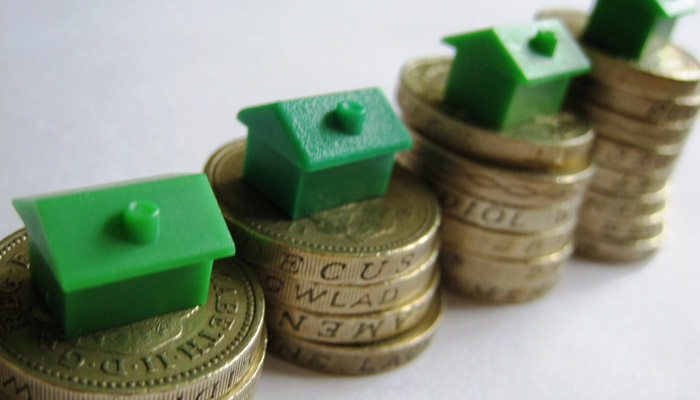You don’t seem to be able to go for more than week without there being some type of negative headlines about the cost of housing in the UK and it is often Landlords who bear the brunt of these.
Landlords are often portrayed as uncaring capitalists whose only concern is making a quick buck. Reading some of the comments at the bottom of any news story relating to buy to let or investing in property you will come across a wave of hostility. Words like “greed”, “parasites”, “vultures”, and “exploiters” come up time and again.
This type of language and approach is both unfair and unhelpful, it detracts from the bigger picture just when we as a society need to have an informed and reasoned debate to try come up with viable long-term solutions to the housing crisis facing the UK.
So maybe we need to look beyond the headlines and take a more reasoned approach and look at the issues on both sides of the divide.
Recently, the BBC reported that rents in the country are becoming increasingly costly for young people who wish to live by themselves. Paying more than 30% of your income on housing is considered to be unaffordable. In its study the BBC found that for people in their 20’s the average rent for a one bed flat takes up more than 30% of their salary in 65% of postcodes in the British Isles.
Analysis shows that a gross annual income of £24,800 would be required for the average one-bedroom rental flat in England to become affordable under the 30% measure. In Scotland £20,700 is needed and in Wales £17,600.
But as with any type of statistics it is worth drilling into more detail. According to the Office of National Statistics median full-time gross weekly earnings in Edinburgh are £598.50 which equates to £31,122 PA. The current average rent for a one bed flat is £758 as reported in the most recent Citylets market review. This would mean that the city is just below the 30% threshold at 29.2%. But there is an added level of complexity and it is likely that the BBC was using data that defines median full-time weekly earnings by age group. In the 22 to 29 age bracket earnings are significantly lower and would mean that rents would be unaffordable.
Renting is becoming increasingly more difficult for young people but the issue is not as black and white as some politicians, activists and journalists might have you believe and as always there are two sides to the argument so let’s look at some of the issues facing landlords.
Osborne’s summer budget of 2016 imposed restrictions on mortgage interest relief. Added to this was the 3% increase imposed on stamp duty in England and Land and Business Transaction Tax in Scotland for the purchase of second homes.
In a recent survey by Property partner it was found that some 37% of landlords say that they may have to put up rents to account for higher taxes caused as a result of buy to let rule changes while 25% are looking to pass on costs due to high stamp duty paid when purchasing an additional property.
There are also ever-increasing levels of regulation around renting property. Most landlords welcome this as it improves amenity and safety standards in the rental sector and many landlords have borne the additional costs this entails without passing it onto to tenants. But this along with the changes in taxation has meant large numbers of landlords have been unable to continue to absorb the rising expenses associated with rental property.
The net result of all this is that landlords are under increasing financial pressure and some have been forced to exit the market; recent government statistics show that England lost 46,000 private rented homes between March 2016 and March 2017. Buy-to-let mortgages have experienced a decline of 17% since 2015
Those who have remained in the sector have had to pass on some of the additional cost to tenants. The survey from Property Partner found that landlords have upped rent by an average of 21% in the past 18 months to compensate for the changes in the buy to let sector. It adds that 38% of landlords would consider increasing rents to compensate for higher interest rates following the decision by the Bank of England to increase the base rate in August.
According to new figures released by ARLA Propertymark, the percentage of tenants experiencing rent hikes was at the highest level ever recorded in August reaching 40% – up from 31% a month earlier. This is the highest figure recorded since records began in January 2015.
David Cox, ARLA Propertymark Chief Executive, said: “As we’ve highlighted before, the impact of recent and ongoing tax changes continues to have a material impact on the buy-to-let market. Four in ten tenants saw their rents rise in August – the highest level we’ve seen since records began.”
Both the Scottish and UK Government have made it clear that they wish to protect renters. But it seems rather ironic to me that government policy is one of the major drivers pushing rental inflation and a reduction in stock which ultimately negatively impacts on tenants. Short term political expediency is not going to solve the housing issues in the country and I hope to see a more informed consensus-based debate taking place involving all stakeholders.
If you’re looking for help renting out your property, you’ve come to the right place. As a premier Edinburgh letting agent, we offer a property management service which will cover all of your needs. Get in touch to discuss.







